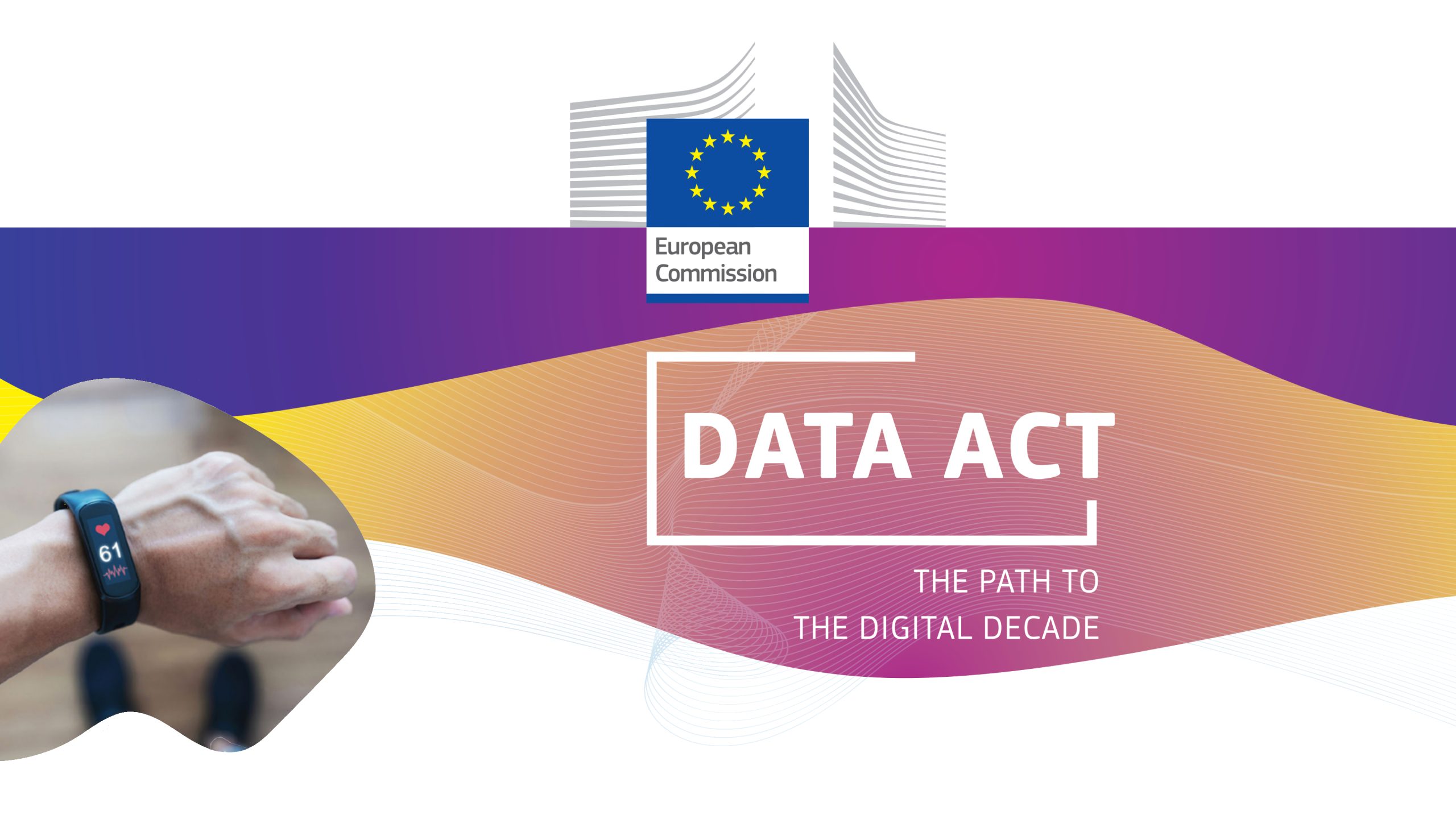
What is the Data Act?
On February 23, 2022, the European Commission proposed a new European Data Act to remove barriers to accessing data for consumers and businesses. Specifically, the Data Act sets rules on who can use and access data generated by users and devices within the EU, for which purposes, and on which terms to ensure fairness and equal opportunities in the use of data and promote a competitive data market.
According to the Commission, better access to machines and devices’ data will improve (personalized) aftermarket service and the quality and sustainability of products and services. The Data Act will impact manufacturers of connected products, providers of related services (such as distributors or rental companies), and individual consumers and end-users of these products and services.
Main objectives
The Data Act addresses legal, economic, and technical issues and empowers individuals and businesses by giving them more control over the data they use and generate. It does so by:
-
- Implementing measures to increase legal certainty for users and defining the conditions more clearly;
- Preventing abuse of contractual imbalances that obstruct fair data sharing (most notably for SMEs);
- Enabling public sector bodies to access and use private sector data that are necessary for security purposes in the exceptional circumstances of a public emergency;
- Implementing new framework conditions for consumers to effectively switch between different cloud-data processing service providers while protecting them against unlawful data transfers.
Position of manufacturers
Although the stimulation of data sharing is generally considered beneficial, some aspects of the Data Act proposal have been criticized, for example, by CECE. CECE believes that data-sharing rules are currently properly addressed via contractual agreements. The main points of critique include:
-
- The need for clarification of the scope of the act and the implementation and enforcement of rules;
- The lack of a clear definition of data and insufficient consideration of the complexity and diversity of data and users in the construction sector and industrial relations contexts;
- The lack of a clear separation between business-to-business and business-to-consumer data sharing;
- The lack of consideration of business-sensitive data, for example, within the context of intellectual property rights and trade secrets;
- Mandatory exposure of industrial data might create risks for companies to anti-competitive practices able to drive many businesses out of the industrial data market and hamper investment in innovation and product development based on the principle of contractual freedom;
- The data covered by the Data Act should be limited to data generated by the use of the product based on the original data set and linked to the related services, and sectors should be able to adapt the definition of data to be shared according to reciprocal needs;
- The need for extension of SME exemptions;
- The need for fair remuneration for making data available to public sector bodies in exceptional circumstances and a better definition of public emergency relating to business-to-government data use;
- The need for an extension of the transition period to a minimum of 36 months to allow manufacturers to have sufficient time to adjust.
Tentative timeline
The legislative process of this proposal is currently ongoing and expected to be finalized by summer 2023. The Data Act, which will be a regulation, is expected to be passed in the summer of 2023 and will be applicable after 12 months following the entry into force.
Useful links
-
- Proposal for a REGULATION OF THE EUROPEAN PARLIAMENT AND OF THE COUNCIL on harmonized rules on fair access to and use of data (Data Act)
- Data Act: measures for a fair and innovative data economy (europa.eu)
- European Parliament briefing paper
- Let’s embrace the new EU Data Act. The wheels are in motion. – Trackunit
- CECE’s position paper on the Data Act
